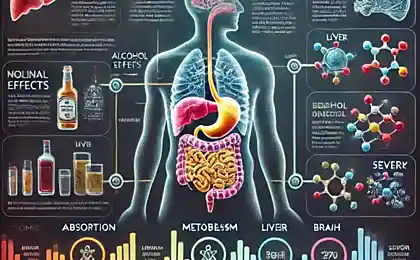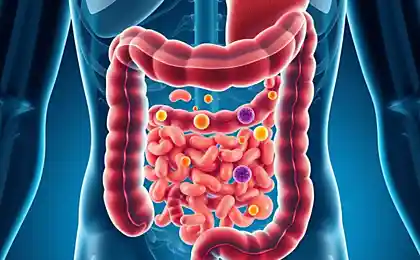261
Alcohol intolerance is real: cautious, dangerous consequences
Our body is individual and reacts differently to the intake of various substances. Quite often, after a few drinks of alcohol, people have symptoms similar to an attack of vegetative dystonia, an allergic reaction and other ailments.

DepositPhotos
Often, a person does not even know what causes his condition. If you have an intolerance to alcohol, it is important to know, because taking foods that your body is unable to process can have serious consequences.

DepositPhotos
Alcohol intolerance This is a physiological reaction that occurs after drinking alcohol. It manifests itself in a sharp deterioration of health immediately after taking alcohol or after a short period of time.
In terms of symptoms, alcohol intolerance is very similar to an allergic reaction. But it's not the same thing. As a rule, alcohol allergy manifests itself more unexpectedly and when drinking alcohol of a certain type.
Allergy usually occurs on the components of alcoholic beverages, such as preservatives, flavors, malt, etc. And in the case of intolerance, the reaction occurs directly to ethanol.
Alcohol intolerance is of different types
Normally, after alcohol enters the blood, ethanol is slowly broken down into acetaldehyde, which is subsequently processed long enough by enzymes.
In people with alcohol intolerance, alcohol breaks down too quickly, acetaldehyde concentrates in the blood and provokes the occurrence of many unpleasant symptoms.
Not all signs appear in one person. Some may have a couple of manifestations, others symptoms will be richer and brighter. This difference is due to the individual degree of enzyme deficiency.
In addition, the severity of manifestations affects the type of alcohol, its quantity and quality. Some patients already after a sip of alcohol develop anaphylactic shock or asthma attack, Quincke's swelling or coma, which can be fatal.
Scientists from the University of Pennsylvania claim that people will give up alcohol due to natural selection, which contributes to the spread of alcohol intolerance.
Researchers analyzed the genomes of more than 2,500 participants in the experiment to identify mutations that may explain the evolutionary changes occurring in modern humans.

DepositPhotos
Mutations were found in the ADH gene group. This gene is responsible for encoding alcohol dehydrogenase, an enzyme that triggers the oxidation of alcohols. According to scientists, a gene mutation can lead to the activation of the body’s natural “anti-alcohol defenses.”
In most cases, there is no need to seek medical help if the intolerance reaction is mild. The patient should simply avoid drinking alcoholic beverages.

DepositPhotos
If there are dangerous symptoms, such as choking, then you need to urgently seek medical help. The doctor will try to find out what exactly causes the symptoms of alcohol intolerance. Perhaps the patient is just allergic to some product.
Diagnostic procedures consist of several activities
If alcohol intake caused a mild allergic reaction, then taking antihistamines will be enough. Among the over-the-counter options are loratadine (“Claritin”, “Lorano”), cetirizine (“Cetrin”), fexofenadine (“Telfast”) and others. Drugs in this group reduce allergy symptoms such as itching, nasal congestion and hives.

Antihistamines will not be enough to stop a serious allergic reaction. If you have severe allergies and choking, it is useful to carry a syringe pen with epinephrine (adrenaline).
This pen will allow an allergic person to make an intramuscular injection in seconds. Adrenaline will expand the bronchi, which will relieve the attack of choking. After that, it is necessary to urgently seek medical help.

A warning bracelet for allergic people is very useful in the United States. An allergist wears a bracelet on his arm, it will quickly help others understand what happened to a person if he is choking, unable to speak or lost consciousness.

With congenital intolerance to alcohol, the only means of prevention is the complete rejection of any products and drugs containing ethyl alcohol.
If you are allergic to certain components of alcoholic beverages, you should carefully read the labels on all drinks you buy. Do not drink alcohol served in a cafe or restaurant until you know its exact composition.
In rare cases, the apparent alcoholism In fact, it is a sign of serious health problems that require urgent treatment. For example, severe pain after drinking alcohol in some cases can be a sign of Hodgkin lymphoma.
Perhaps you will be surprised, but among the products that doctors do not recommend to eat alcohol, many are familiar to us. Editorial "Site" It will tell you what you can not and what you can eat strong alcohol.
Doctors came to the conclusion that small doses of alcohol can increase life expectancy. How should you drink alcohol so as not to harm the body? It's very simple! Most importantly.

DepositPhotos
Often, a person does not even know what causes his condition. If you have an intolerance to alcohol, it is important to know, because taking foods that your body is unable to process can have serious consequences.

DepositPhotos
Alcohol intolerance This is a physiological reaction that occurs after drinking alcohol. It manifests itself in a sharp deterioration of health immediately after taking alcohol or after a short period of time.
In terms of symptoms, alcohol intolerance is very similar to an allergic reaction. But it's not the same thing. As a rule, alcohol allergy manifests itself more unexpectedly and when drinking alcohol of a certain type.
Allergy usually occurs on the components of alcoholic beverages, such as preservatives, flavors, malt, etc. And in the case of intolerance, the reaction occurs directly to ethanol.
Alcohol intolerance is of different types
- Innate.
It is considered a feature of the body, which is due to genetic causes. In this case, the body already initially processes ethyl alcohol and its derivatives worse. - Individual
It occurs in people suffering from stage 3 alcohol dependence. Such patients previously tolerated alcohol, but over time, alcoholism destroys organic structures and provokes the emergence of individual intolerance. - Purchased
Occurs as a result of taking any medications, diseases, injuries.
Normally, after alcohol enters the blood, ethanol is slowly broken down into acetaldehyde, which is subsequently processed long enough by enzymes.
In people with alcohol intolerance, alcohol breaks down too quickly, acetaldehyde concentrates in the blood and provokes the occurrence of many unpleasant symptoms.
- Skin redness
A sharp redness of the skin of the face and body is the most characteristic sign of alcohol intolerance. Some people even have small blisters that look like hives, which is why this symptom is often confused with an allergic reaction. First spots appear on the face, then on the body. This happens unevenly: they are located chaotic and resemble a rash. For this reason, alcohol intolerance is often called flush syndrome (Alcohol Flush Reaction) - from the English word flush - "blush".
DepositPhotos - Swelling of the limbs
Entering the body, ethanol provokes intoxication, a person experiences dehydration, there is a failure in the functioning of the excretory system. As a result, excess fluid accumulates in the tissues and, as a result, swelling of the limbs occurs.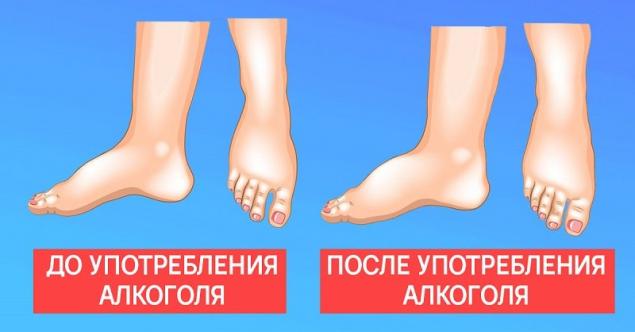
DepositPhotos - Sniffle
Sneezing, stuffy nose, difficulty breathing are all typical symptoms of a banal cold. However, their source may not be SARS at all, but alcohol intolerance. In the mucous membrane of the nose is a huge number of capillaries. When exposed to ethanol, swelling forms, which make breathing difficult, causing a feeling of nasal congestion.
DepositPhotos - Migraine
Migraine is an unpleasant phenomenon in itself, but it happens that its appearance provokes the use of alcohol. It is one of the main signs of alcohol intolerance. Histamine is to blame for its occurrence, which is released during a pseudo-allergic reaction to alcohol.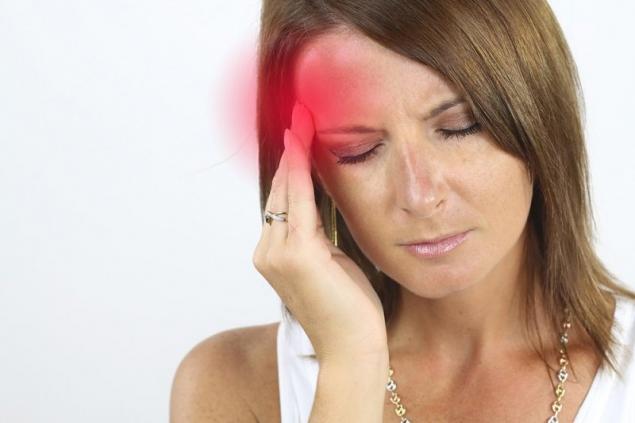
DepositPhotos - Nausea.
Of course, nausea and vomiting can occur if you just overdo it with cocktails. But in people with alcohol intolerance, these symptoms can appear after the smallest amount of alcohol.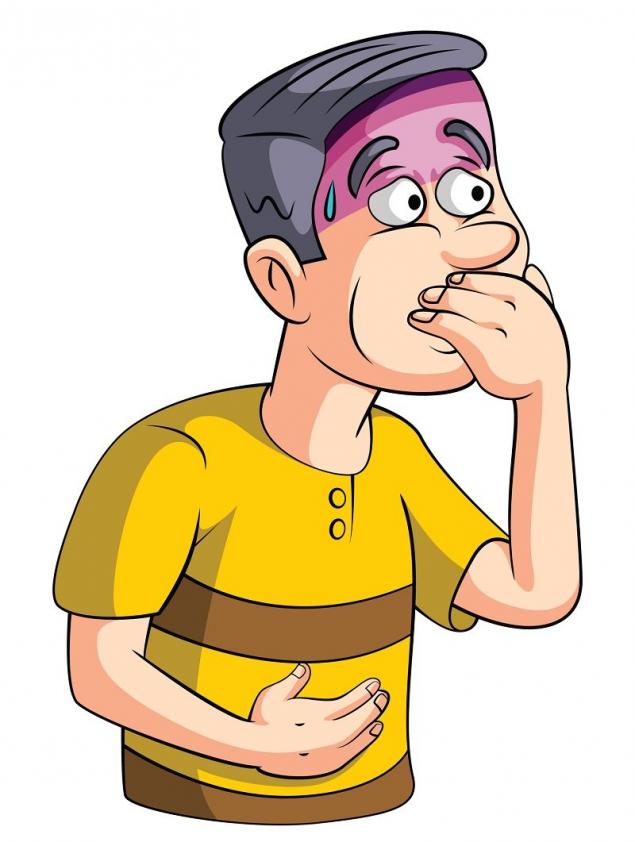
DepositPhotos - diarrhea
Diarrhea can occur at the most inopportune time. And most people blame it on a poor-quality snack. However, this is not always true. You should be wary if such trouble happened to you after a portion of alcoholic beverage.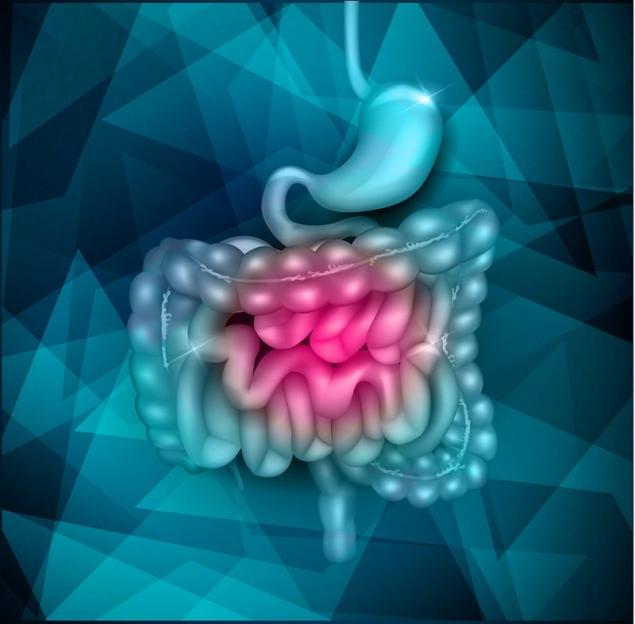
DepositPhotos - Increased body temperature against the background of hypersweating
This symptom is most often attributed to a cold or poisoning, but body temperature rises also with alcohol intolerance.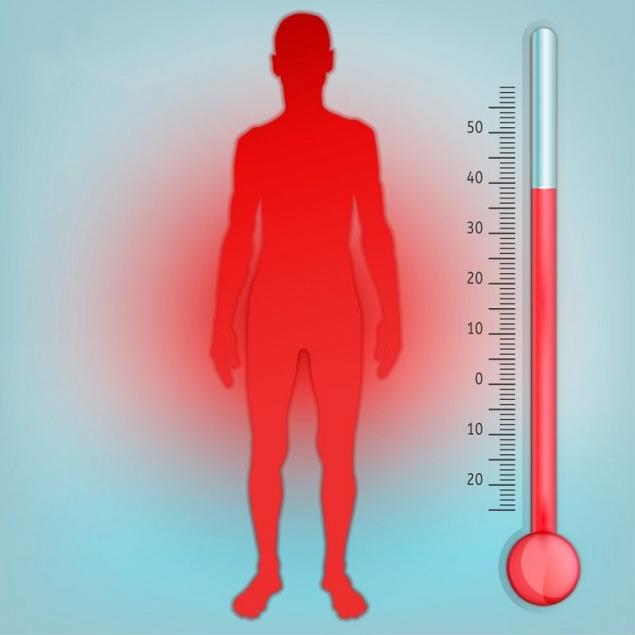
DepositPhotos - Frequent heartbeat
Alcohol affects the heart always, changing its rhythm and causing a rapid heartbeat. But if tachycardia occurs after the first glass, then this is one of the key signs of ethanol intolerance. In severe cases, tachycardia is accompanied by attacks of suffocation.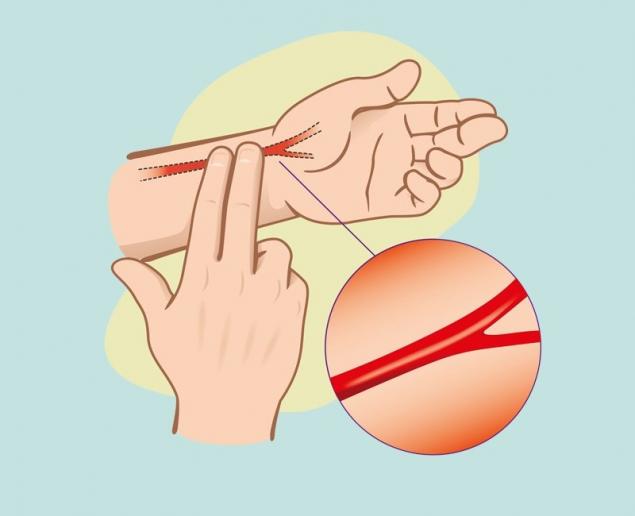
DepositPhotos
Not all signs appear in one person. Some may have a couple of manifestations, others symptoms will be richer and brighter. This difference is due to the individual degree of enzyme deficiency.
In addition, the severity of manifestations affects the type of alcohol, its quantity and quality. Some patients already after a sip of alcohol develop anaphylactic shock or asthma attack, Quincke's swelling or coma, which can be fatal.
Scientists from the University of Pennsylvania claim that people will give up alcohol due to natural selection, which contributes to the spread of alcohol intolerance.
Researchers analyzed the genomes of more than 2,500 participants in the experiment to identify mutations that may explain the evolutionary changes occurring in modern humans.

DepositPhotos
Mutations were found in the ADH gene group. This gene is responsible for encoding alcohol dehydrogenase, an enzyme that triggers the oxidation of alcohols. According to scientists, a gene mutation can lead to the activation of the body’s natural “anti-alcohol defenses.”
In most cases, there is no need to seek medical help if the intolerance reaction is mild. The patient should simply avoid drinking alcoholic beverages.

DepositPhotos
If there are dangerous symptoms, such as choking, then you need to urgently seek medical help. The doctor will try to find out what exactly causes the symptoms of alcohol intolerance. Perhaps the patient is just allergic to some product.
Diagnostic procedures consist of several activities
- Description of symptoms
You need to be prepared to accurately describe to the doctor all the unpleasant symptoms that you experience when drinking alcohol. Specific answers are needed, as a blurred description will make diagnosis difficult. You need to remember whether your blood relatives suffer from any types of allergies. - Physical examination
The doctor should conduct a thorough examination to identify other possible medical problems. - Skin test
To diagnose allergies to components of alcoholic beverages, you can conduct a skin test with several allergens. At the same time, a minimal amount of allergenic substance is applied to the skin, and then it is determined whether the skin reaction was in the form of redness, itching or blisters. - Blood test
A blood test is needed to determine the intensity of the immune response to a foreign substance. To do this, determine the content in the blood of a special protein - immunoglobulin type E (IgE), which serves as a kind of indicator of allergies.
If alcohol intake caused a mild allergic reaction, then taking antihistamines will be enough. Among the over-the-counter options are loratadine (“Claritin”, “Lorano”), cetirizine (“Cetrin”), fexofenadine (“Telfast”) and others. Drugs in this group reduce allergy symptoms such as itching, nasal congestion and hives.

Antihistamines will not be enough to stop a serious allergic reaction. If you have severe allergies and choking, it is useful to carry a syringe pen with epinephrine (adrenaline).
This pen will allow an allergic person to make an intramuscular injection in seconds. Adrenaline will expand the bronchi, which will relieve the attack of choking. After that, it is necessary to urgently seek medical help.

A warning bracelet for allergic people is very useful in the United States. An allergist wears a bracelet on his arm, it will quickly help others understand what happened to a person if he is choking, unable to speak or lost consciousness.

With congenital intolerance to alcohol, the only means of prevention is the complete rejection of any products and drugs containing ethyl alcohol.
If you are allergic to certain components of alcoholic beverages, you should carefully read the labels on all drinks you buy. Do not drink alcohol served in a cafe or restaurant until you know its exact composition.
In rare cases, the apparent alcoholism In fact, it is a sign of serious health problems that require urgent treatment. For example, severe pain after drinking alcohol in some cases can be a sign of Hodgkin lymphoma.
Perhaps you will be surprised, but among the products that doctors do not recommend to eat alcohol, many are familiar to us. Editorial "Site" It will tell you what you can not and what you can eat strong alcohol.
Doctors came to the conclusion that small doses of alcohol can increase life expectancy. How should you drink alcohol so as not to harm the body? It's very simple! Most importantly.
What not to say during confession: God already knows everything
Houseplants for family happiness and well-being










